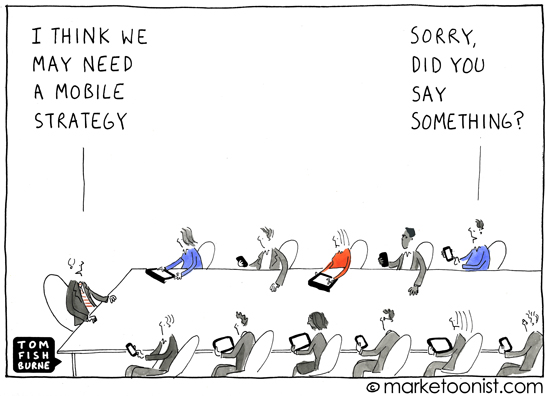I was a little late to the Foursquare hype, but in the interests of wanting to stay up to speed on the latest developments in technology and social networking I did, eventually create an account. I wrote a little about that experiment here. I still do use Foursquare pretty regularly, although my long reigns as Mayor of both the local Bruegger's Bagel Bakery and my son's elementary school have yet to pay off in the form of free bagels or a hearty 'Welcome Mr. Mayor!' from the principal on days I pick up Patrick from school.
Certainly like all other social applications, the real value is in the interaction and insight you can gain from friends' Foursquare activity, but since my Foursquare friends are scattered all over the country the knowledge that Sam Higgins is eating breakfast in Austin, TX has not really paid off for me all that much. But still I persist, somehow comforted that if I ever go missing, someone could look at my Foursquare check-in log and attempt to track me down.
Like many parents the idea of your kids growing up, becoming more independent, moving about the world much more freely can also engender those same feelings of worry and concern - 'What if little Timmy does not come home one day?' or even the more benign but common lament - 'Where the heck is that kid, he was supposed to be home an hour ago?'
Most parents elect to try and mitigate these concerns by giving their kids cellphones. In fact, in most areas of the country you'd be hard pressed to find many 12 or 13 year-olds that didn't have some kind of mobile device. The story plays out mostly the same way everywhere. Kid starts begging for a mobile phone at about age 11 or 12, kid assures the parents that the phone will let them stay in touch at all times, and that they will always and immediately answer calls and texts from the parents, and voila - everyone is happy and content in the understanding that mutual assurance or location and safety is just a text or phone call away.
But after a short time for many kids and parents reality sets in, and increasingly persistent calls and texts from parents get slower and slower responses, kids' excuses that start with 'I forgot my phone at school' or 'The battery died' get more frequent, and many families end up sort of where they started - maturing and adventurous kids out making their way in the world, with nervous parents at home to wait and worry. Sort of the way life has played out for, well, pretty much forever.
Enter a new application (currently in private beta) called 'I'mOK'. I'mOK is a location-based check-in service (think Foursquare), for iPhone that helps parents monitor the whereabouts and activities of their children. Every time a child checks in with the app to let the parents know where and who they are with, they are rewarded with points that can be exchanged for parent-supplied perks such as TV time or allowance money. Check out the video below for an overview of the service (email and RSS readers may have to click through)
ImOK Intro Video - Knowing without the nagging from I'mOK on Vimeo.
The service's tag line is 'Knowing without the nagging' and while I suppose the idea is sound in behavioral modification theory, (kid checks in a lot, earns points and rewards for checking in, parents feel good about knowing the kids are safe and thus are happy to provide more rewards), I wonder if application and the others like it that are bound to come, are pushing some of the less appealing aspects of the social web further down the demographic chain. I feel a little silly letting my 10 or so Foursquare friends know I am at the gas station, but I know that no one is really watching or monitoring my movements (at least I don't think so).
But with a 'family' location-based tracking application, the ideas of constant connection, of small insignificant activities gaining more value in the form of rewards, and the feeling of never really having true and complete privacy and anonymity, even for a short time, seem to be a pretty high price to pay for peace of mind.
Back in the day my parents (and I am sure many of yours), sent us out in the world to hang out with our friends, to play sports, to ride bikes - whatever. They had no practical way to monitor our movements. But even if they had such a way, I am not completely convinced they would have wanted that ability. Not because they did not care about our safety, but rather because they knew that we needed to learn how to navigate the world for ourselves, and that they couldn't or shouldn't always be at the ready, a phone call or a text message away from us.
What do you think - would you set up a 'family' based location network to keep track of your kids?

 Steve
Steve




